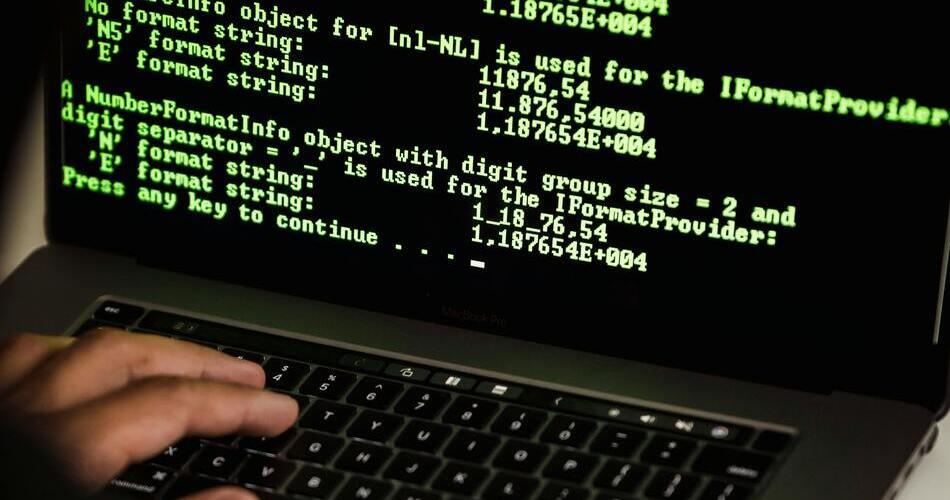A recent and highly publicized incident on Crypto Twitter has starkly highlighted the inherent risks of over-the-counter (OTC) trading. An allegation of a $1.4 million scam, a coincidental deposit claim, and the involvement of a prominent investigator have created a whirlwind of speculation, serving as a cautionary tale for traders and treasury managers.
The Story of a $1.4 Million Dispute
The controversy began when a trader using the pseudonym 0x_Leo_ publicly alleged they were scammed out of $1.4 million in an OTC deal. In a post on X (formerly Twitter), they claimed the funds were transferred to a KuCoin wallet and called for the exchange to freeze the address and for the well-known blockchain investigator ZachXBT to look into the matter.
The plot thickened just two hours later. A different pseudonymous user, based16z, posted about depositing the exact same amount—$1.4 million—into KuCoin, asking the community, “what are we aping?”. The timing and identical sum ignited intense speculation, with some users viewing it as a brazen confession and others dismissing it as a mere coincidence or trolling.
Despite being tagged, ZachXBT declined to investigate, publicly challenging the alleged victim for not providing basic evidence like chat logs or transaction details. This lack of on-chain proof has left the situation unresolved, with KuCoin yet to issue an official statement. Further adding to the mystery, an analysis revealed that both 0x_Leo_ and based16z had previously posted about the same tokens, hinting at a possible prior connection.

A lesson in OTC Trading Risks
This incident puts a spotlight on the fundamental vulnerabilities of OTC trading, which involves direct, private transactions between two parties outside of a public exchange order book.
-
Trust is the Only Guarantee: OTC deals are built on mutual trust and lack the built-in safeguards and dispute resolution mechanisms of centralized exchanges. This leaves participants with little recourse in case of fraud.
-
The Evidence Dilemma: As ZachXBT’s response demonstrates, public appeals without verifiable, on-chain evidence often lead to dead ends. This forces the community to rely on unverified statements, making it difficult to separate fact from fiction.
-
Amplified by Market Conditions: The mention of meme coins in the context of this incident points to an additional layer of risk. These assets are often highly volatile and illiquid, meaning that a large deposit on an exchange could be used for a “quick exit”, potentially crashing the price and harming other holders.
For treasury managers and traders, this episode is a stark reminder to take precautions in OTC dealings. Verifying counterparties, meticulously recording all agreement terms, and monitoring for large, sudden exchange deposits are essential practices to mitigate these operational and financial hazards.
I hope this overview provides a clear and concise analysis for your publication. Should you require further detail on any specific aspect, feel free to ask.


